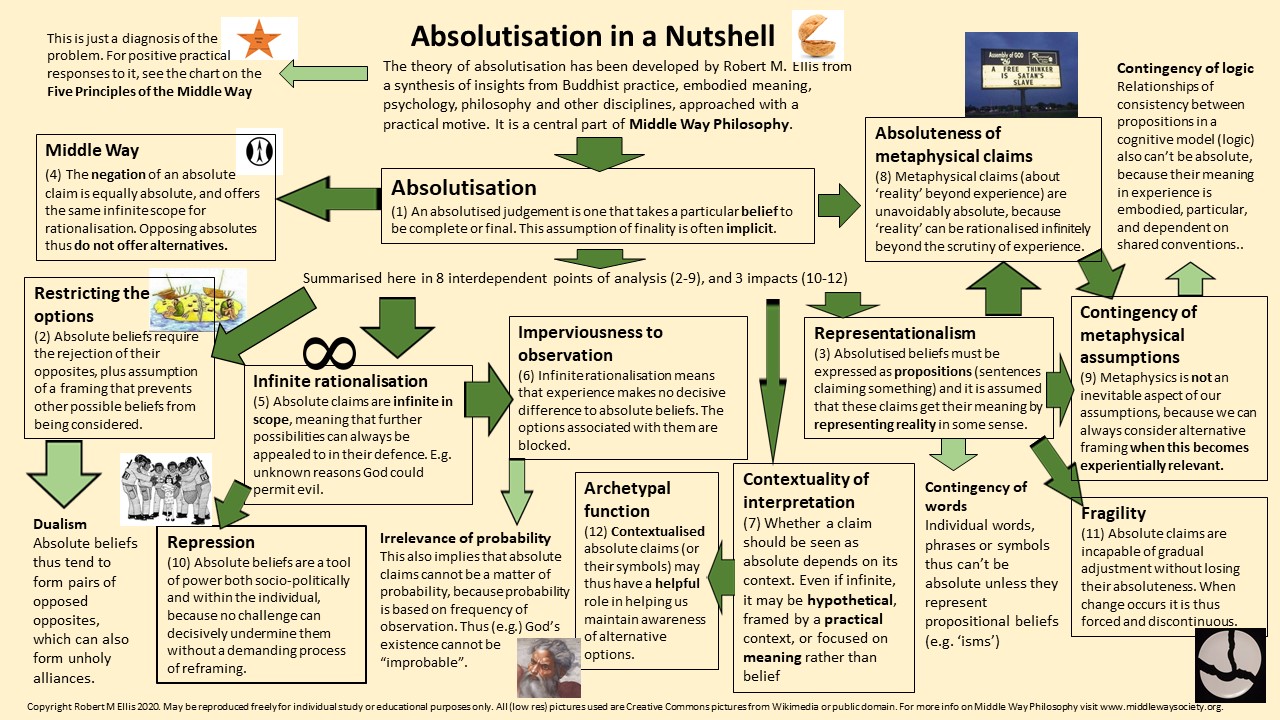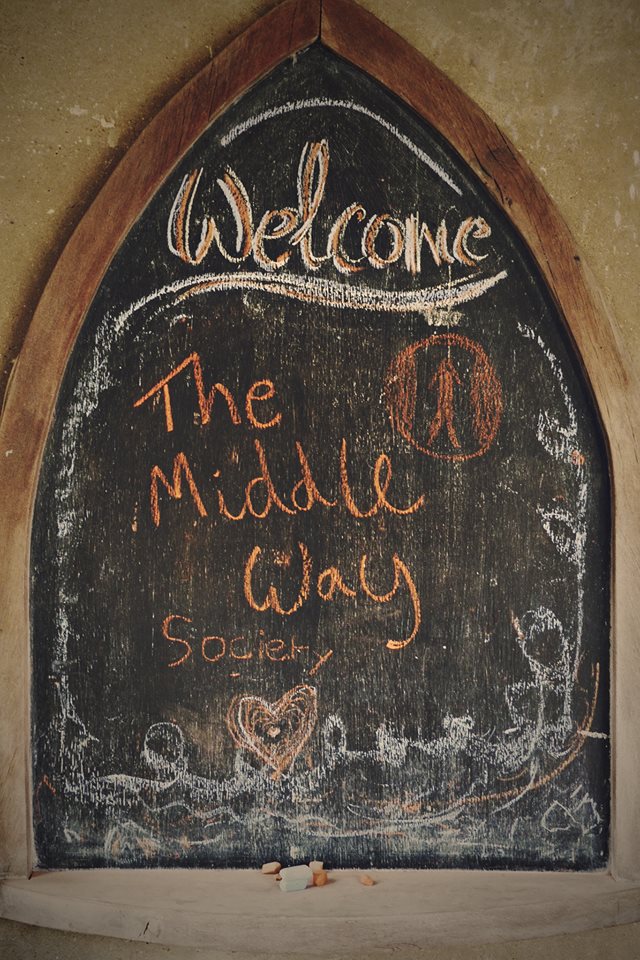The next main meeting of the Middle Way Network will be at 7pm UK time on Sunday 8th November. This will start off our new series of topics, on the Middle Way applied to ethics and politics, with the topic ‘Feeling Responsible’. The practice of the Middle Way is closely related to developing our sense of responsibility, but it’s important to distinguish this from the social institution of holding people responsible. The latter has an important role in society, but it is easy to treat it absolutely by applying the assumptions of total freewill or determinism, and thus interfere with the actual development of felt responsibility.

There’ll be a short talk on this topic, followed by questions, then discussion in regionalised breakout groups. Some other regionalised groups will meet at other times. If you’re interested in joining us but are not already part of the Network, please see the general Network page to sign up. To catch up on the previous session, on integration of belief, please see this post. If you would like catch up more with more basic aspects of the Middle Way approach, we are also holding a reading group on 15th Nov which will do this – please contact Jim (at) middlewaysociety.org if you want to join this.
There is already a video on responsibility which will be embedded below, and you might like to watch either before the session or afterwards for further background:
Here is the video of the actual talk and Q&A on the Network session:
Some suggested reflection questions:
- What are some examples of things you feel responsible for, and how do you relate to that sense of responsibility?
- Are there any things on the edge of your sense of responsibility, where you feel you could helpfully stretch that sense a little?
- What conditions or practices do you think have helped you develop your sense of responsibility in the past?
- Are there some things you definitely don’t feel responsible for, or even perhaps that it’s a bad idea to feel responsible for?
Suggested further reading
Truth on the Edge ch.4 ‘Maximising Responsibility’
Middle Way Philosophy 1: 7b ‘Responsibility’ (see Researchgate for the full text on pdf as part of the Omnibus Edition)




